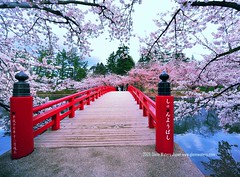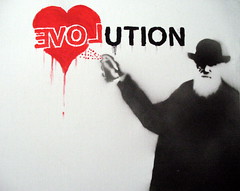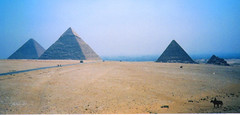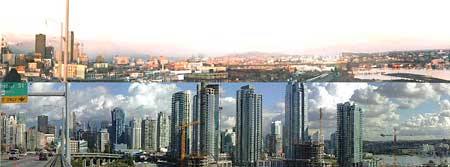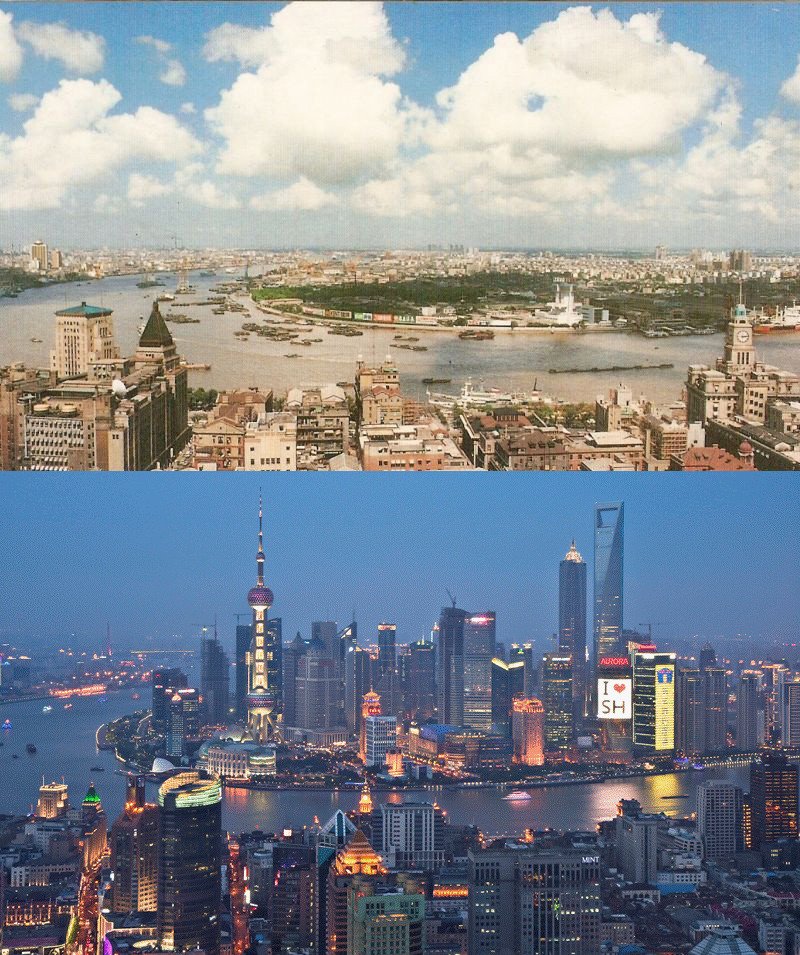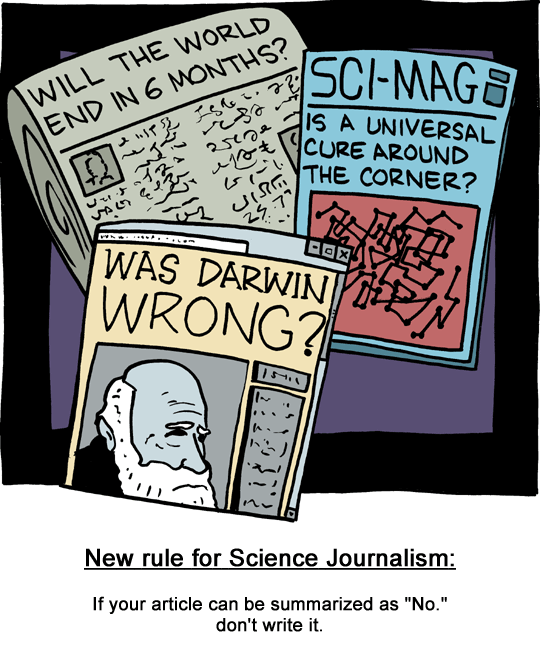Today was one of three days of advance polling for the upcoming Canadian federal election, formally held at the beginning of May. My wife Air urged me to go, so we did.
She drove us down to our local high school gym and it was an easy in and out, slowed mostly by my glacial pace behind my cane. It was also a test to see if I might make it to my ENT specialist Monday, possibly (really, I wonder now?) to have my voice returned to me after weeks of laryngitis. And perhaps I might.
But for now, it was to vote. In our parliamentary system, an election can come almost any time. The advance polls fall somewhat arbitrarily too, this time on Easter weekend. (Don't forget the mail-in ballots as well, if you miss voting in person.) We pick one candidate, to represent us in our riding (i.e. electoral district), and also to represent his or her political party to us. It's very much how things work in Britain, and not at all how they work in the U.S.A.
The leader of the party who wins more ridings than any other becomes the Prime Minister, and effectively heads the country. That can get complicated if his or her party wins more, but not a majority.
It's the way we work it in Canada. Yet I've voted in every municipal, provincial, and federal election I could. My point is, sick as I am, I researched the issues, the candidates, the leaders, and the party platforms on what was important to me. I grabbed some shoes and shuffled to the car, walked into the gym, signed a form, and voted.
If I can drag myself out to vote—and that's not metaphorical, because I did have to fucking drag myself out of the car and up the stairs at times—then you can too. If you're a Canadian citizen, you have the duty, and plenty of chances.
So damn well do it.
Tweet
